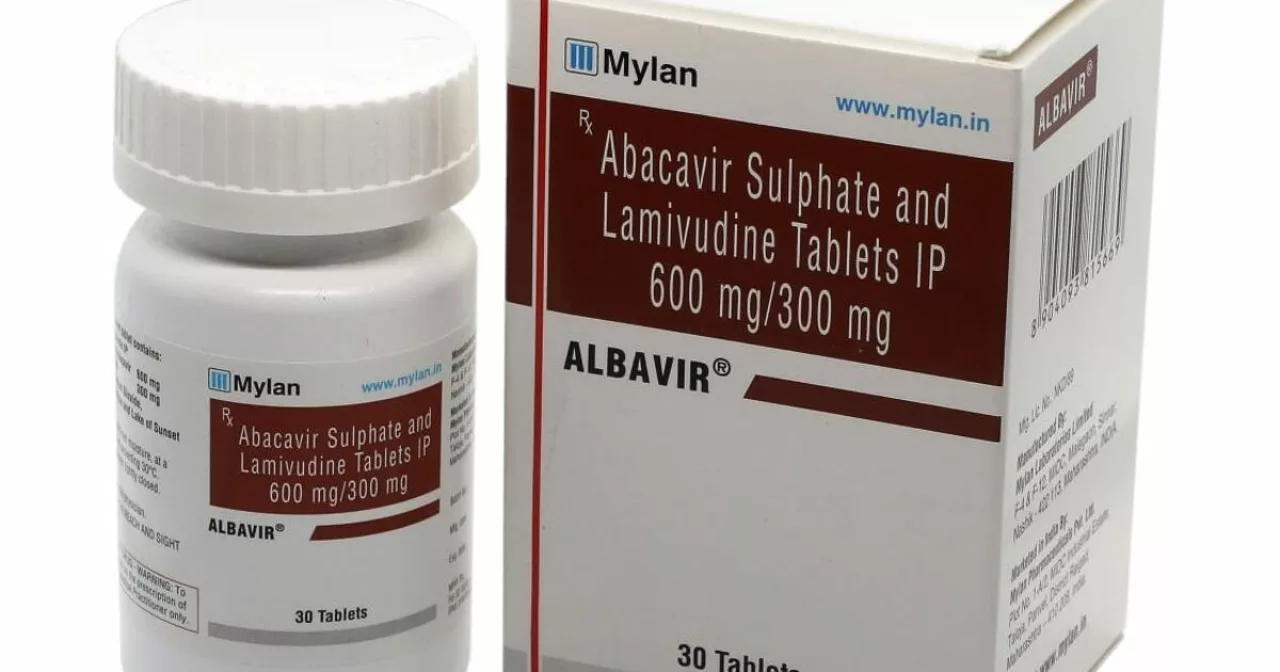HIV Care Guide: Essential Tips & Medication Overview
If you or someone you know is living with HIV, the first thing to remember is that modern treatment makes a huge difference. Staying on your meds, watching for side effects, and keeping up with doctor visits can keep you feeling good and protect your health long term.
Understanding Antiretroviral Therapy (ART)
ART is the backbone of HIV care. It’s a combo of drugs that stop the virus from replicating, which helps your immune system recover. Most people take one pill a day, but some regimens need two or three tablets. The key rule? Never miss a dose. Even a short break can let the virus bounce back and may lead to drug resistance.
Common ART classes include NRTIs, NNRTIs, protease inhibitors, and integrase blockers. Each class works a little differently, but they’re all designed to keep viral load low – ideally below 50 copies per milliliter. Low viral load means fewer health problems and no risk of passing HIV to others.
Side effects vary by drug. Some people feel mild nausea or fatigue at first; others might notice changes in sleep patterns or a slight rash. Most issues fade after a few weeks, but if something feels wrong, call your pharmacy or doctor right away. Switching meds is often easy once you know what’s causing the problem.
Practical Daily Tips for Managing HIV
Take your pill with food or water as directed – this helps absorption and cuts stomach upset. Set a daily alarm on your phone, tie the dose to another habit like brushing teeth, or use a pillbox. If you travel, pack extra pills and keep them in your carry‑on bag.
Eat balanced meals rich in fruits, veg, lean protein, and whole grains. Good nutrition supports immune health and can lessen some medication side effects. Stay hydrated; water helps kidneys clear out drug by‑products.
Regular lab tests are a must. Every 3–6 months your doctor will check viral load and CD4 count to see how well the treatment is working. Keep a list of any over‑the‑counter meds or supplements you take – some can interact with ART.
Mental health matters too. Anxiety, depression, or stress are common after an HIV diagnosis. Talk therapy, support groups, or online forums can provide relief and practical advice. Don’t hesitate to ask your doctor about counseling options.
Lastly, build a support network. Whether it’s friends, family, a local HIV clinic, or an online community, having people you trust makes adherence easier and life brighter. Remember, with the right care plan, HIV becomes a manageable condition rather than a barrier.

Generic Ritonavir: Affordability and accessibility in HIV care
As a blogger, I recently explored the topic of generic Ritonavir and its impact on HIV care. Generic Ritonavir has proven to be a more affordable and accessible option for patients with HIV. This has greatly improved the quality of life for those living with the virus by making treatment more accessible to a wider population. The availability of generic Ritonavir has also contributed to lowering the overall cost of HIV treatment. In conclusion, generic Ritonavir plays a significant role in enhancing the affordability and accessibility of HIV care, ultimately benefiting those in need.